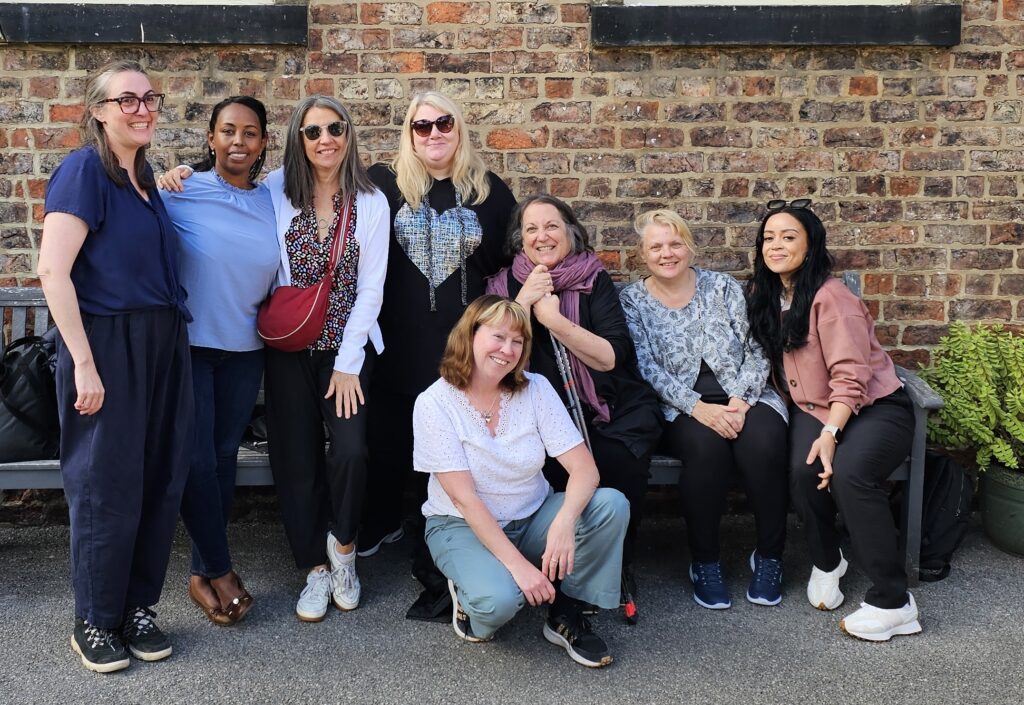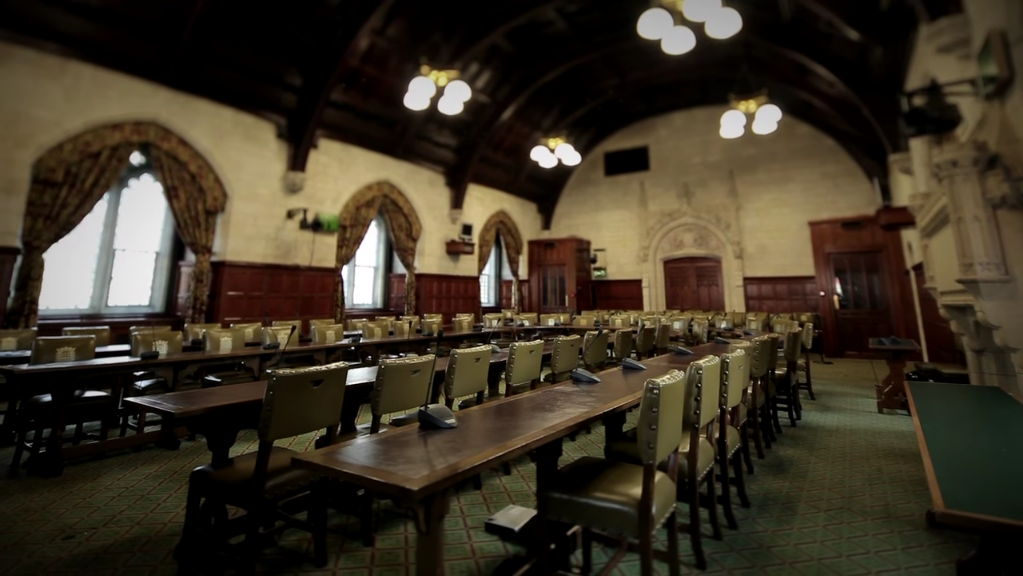Each local authority has a cabinet (sometimes areas use other names such as executive). This is made up of elected members who act as an executive board. An elective member’s role includes representing their ward or division and the people who live in it. They need to keep informed about the issues that affect them.
The cabinet is responsible for drawing up policies, plans and strategies, and recommending them to the overall council. The cabinet will be led by either the leader of the council, or in some areas by an elected mayor. Usually, each member of the cabinet is responsible for one aspect of the council’s work; for example education, children’s services, adult services and culture. They will have a ‘portfolio’ of work they are responsible for.
Members of the cabinet and the leader of the council may have a lot of influence. They are useful people for the forum to make contact with to let them know about the forum’s work.
Forums can find out more about the role of elected members on the Local Government Association website.
Lead member for children and young people
This is an elected councillor responsible for working with officers to make sure that services for children and young people are fit for purpose. As elected officials, they are accountable to voters, including parent carers , who live in their area. They are also likely to sit on the key, strategic decision-making boards and groups for children and young people in your local area. They can be invaluable allies to parent carer forums.
TOP TIP
Councillors, Mayors and Lead Members often like to receive invitations to speak at events. It may provide an opportunity for them to have positive press coverage. Inviting them to speak at one of the forums events gives the forum the opportunity to tell them about the forum, encourage them to support their work, and also get publicity about the forum in the local press as well.
Each local authority is set up in different ways. They might call some of their decision-making and strategic groups something slightly different. This summary is a general outline of the way many operate.
There will be a number of committees and sub-committees preparing papers to take to cabinet for approval and making decisions relating to running services. Forums might want to build links with people who chair or sit on these committees. This will help stay informed about the issues children and young people with special educational needs and disabilities, and their families, experience.
Members of these committees will often include members of staff working for the council. Usually a member of the cabinet or a senior member of council staff with responsibilities for this area chairs these committees.
The services of most interest to forums are likely to be those involved in:
- Children’s services (including education and children and families services).
- Adult service (including social care services for disabled people).
In some areas, services for disabled children, young people and adults have been, or are being, merged into one service, usually called a ‘People’s Directorate’. There is still likely to be an individual with specific responsibilities for children and young people. The forum should be able to find out who this is from the local authority’s website.
The following may have slightly different names in your area but are of particular interest to forums:
Health and Wellbeing Board – a strategic board responsible for coordinating services between health and the local authority. Its membership includes the director of children’s services, director of adult social care, a representative of the clinical commissioning group and a representative from Healthwatch. There is a Healthwatch in every local authority area. It supports public and patient involvement in local health and social care services.
Children, Young People and Families Board – a strategic board meeting where issues for all children and young people in the area are considered, planned and reviewed. It is usually attended by a range of multi-agency partners.
Learning Disability Partnership Board – a strategic group that considers issues for adults with learning disabilities. It usually includes issues around transition and preparing for adulthood.
Every local authority in England has a process where elected members can question the people who sit on the council’s Cabinet and council employees. They can also question representatives of certain other organisations and make recommendations to them.
Most councils do this through an Overview and Scrutiny Committee. Their members are councillors who are not on the Executive Committee or Cabinet of that council. In some areas, the Overview and Scrutiny committees will have sub-committees which focus on a particular topic; for example health.
The Overview and Scrutiny Committee can review issues of relevance to local people. They can make recommendations to decision makers, including NHS commissioners and the council. Committees can investigate any issue which affects their area and the people who live there. They can do this whether or not the issue is the direct responsibility of the council.
They have the right to refer matters back to the full council if they believe decisions breach the council’s budget or strategy.
Some forums have found it helpful to approach their Overview and Scrutiny Committee when they have been unhappy with a particular service and have been unable to influence it through their involvement and participation with officers. Forums may also want to read the guidance on forums and campaigning to ensure they stay within the Department for Education (DfE) participation grant terms.
It may be unlikely that a forum would be invited to have parent carer representation on high level strategic boards. These boards only spend a small proportion of their time discussing services for disabled children. Members of the board are expected to read lots of papers before going to meetings, and many of them won’t be relevant to children with special educational needs and disabilities.
Being a parent carer representative on these boards can be time consuming. Forums might prefer to have parent carer representatives on sub-committees that have a particular focus on disabled children.
Forums should make their own decisions about which are the key strategic groups and meetings they want to be part of. They will want to consider the benefits and challenges of each one, and which are likely to lead to the best outcomes in terms of influencing decision making and making links with key partners.
Where to start
Forums can find information about their local authority structure and information about cabinet members and committees on their local authority’s website.
Local authority committees should publish agendas and supporting papers before a meeting is held on the council website.
Each local authority will also publish how to make comments and ask questions on agenda items at overview and scrutiny committees. Forums can check the agenda to see if there are any areas they may wish to comment on using feedback from their membership.
Following the meeting local authorities will publish the minutes and key decisions taken. Many areas also now record the meetings. Forums may want to check these so they are informed about local decisions.
Do you have any thoughts about this page? Visit our How to feedback page to share them.
Looking for something else? You can find a full list of pages on our Parent carer forum handbook contents page.
Related content

Contact Parent Carer Participation Advisers
Parent Carer Participation Adviser's support the forum and provide a sounding board for the forum leadership. Find your forum's named adviser here.
Read moreParent Carer Forums and campaigning
Both are working to affect change, but they approach their work in different ways.
Read moreWorking with Local Authorities
Including strategic boards, working groups and task and finish groups.
Read moreParticipation and co-production
The purpose of parent carer forums is to work in partnership, collaboration, or co-production with local services.
Read moreDeveloping a communication plan
Information on how forums can develop a communication to help them reach parent carers in their local area.
Read moreWorking with media
Information on how forums can engage with parent carers, raise awareness of their activities and purpose, and foster a supportive and inclusive…
Read more